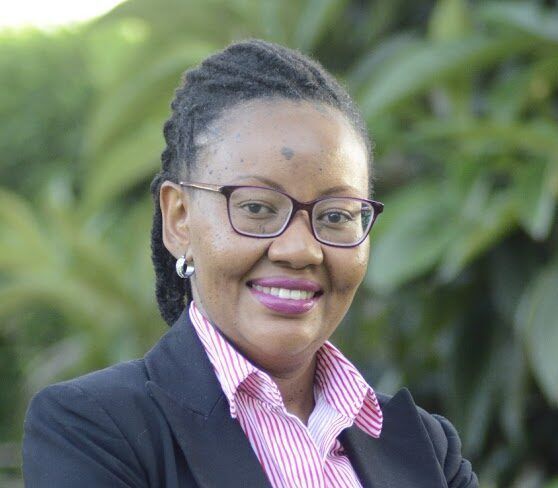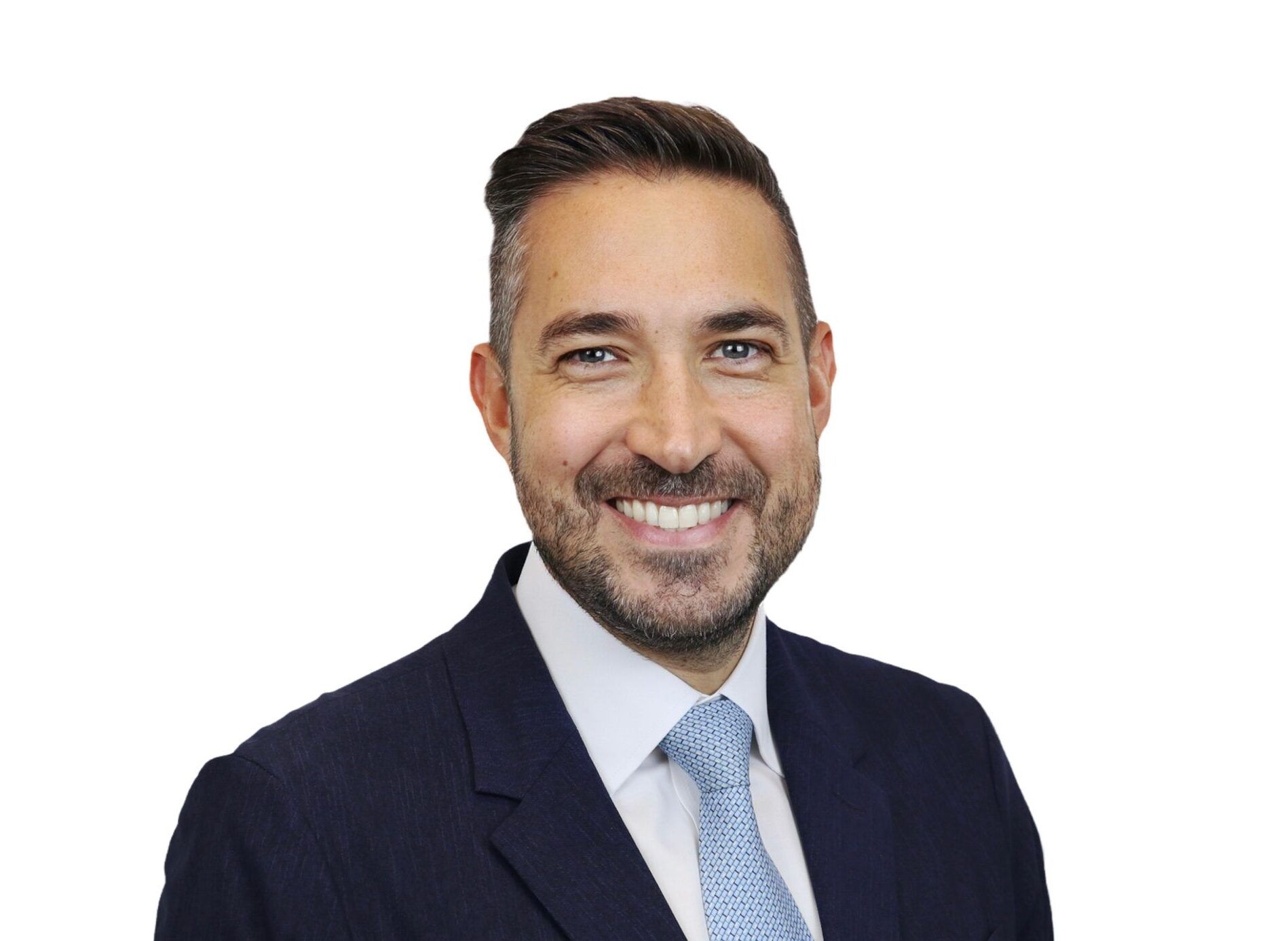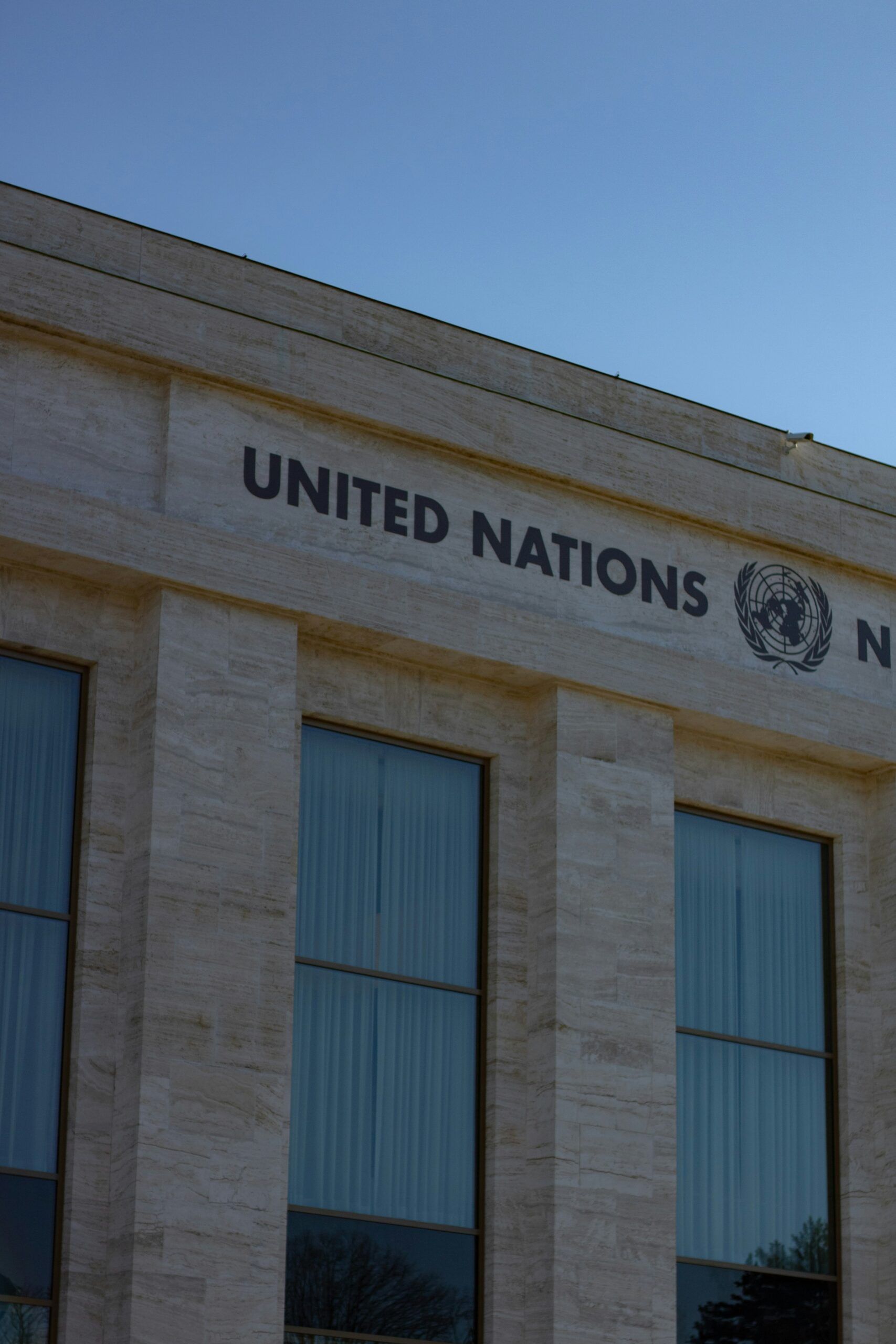To Keep or Not to Keep: That is the Mandate Review Question
On September 16, 2025, Ambassadors Wallace of Jamaica and Schwalger of New Zealand, co-chairs of the recently established General Assembly Ad Hoc Working Group (AHWG) on Mandate Implementation, convened the first meeting in line with the mandate provided by members states in the UNGA decision 79/571. Their message was clear: the process would be open, transparent, and inclusive—anchored in member state ownership. This framing, reinforced by the president of the General Assembly (PGA), H.E. Annalena Baerbock, and Under-Secretary-General (USG) Guy Ryder, lent the exercise a great degree of legitimacy and a sense of goodwill that many felt had been missing in other reform tracks under the UN80 umbrella.
The challenge is not new. Past attempts at mandate review, most notably the 2006 exercise, collapsed under the weight of political division and the sheer breadth of scope that was adopted at the time. As a result, instead of producing rationalization, the process accentuated the underlying mistrust and brought to the forefront the complexity of the task, without delivering the intended result.
Drawing lessons from these experiences, the co-chairs explained they would step away from individual mandate review, and adopt a system-wide and forward looking stance. They secured an important win with the membership endorsing this approach.
What’s Past is Prologue: The Sequencing Strategy Secured
The co-chairs skillfully shaped expectations by proposing a phased approach beginning with a “discovery phase” to run parallel to the main part of the UN General Assembly (UNGA) session, moving into a negotiation phase from December 2025 onwards. This sequencing is meant to map priorities before delegations start discussing outcomes. It is also worth noting the call by the co-chairs and a few delegations for this “discovery phase” to have a heavy involvement at Ambassadorial level for strategic direction and high-level approach. There was a general feel that the success of this exercise will not be in the veracity of the technical proposals but the extent of political buy-in and direction.
This approach by the co-chairs, struck a very reassuring chord and was seen as not only pragmatic, but deeply considerate of the complexity and political sensitivity of the process, keeping the political momentum alive. It was also recognized as an empathetic response to the needs of smaller delegations, giving them the reassurance that their voices would not be drowned out by early deadlines or the demands of the UNGA Main Committees work over the fall.
At the same time, the process design showed some divergent views, as several delegations stressed the need for flexible scheduling and Secretariat support while others pressed for sharper thematic clustering and earlier results. However, there was a general agreement on the necessity to take actions: in 2024 alone, the Secretariat serviced 27,000 meetings and produced over 1,100 mandated reports at a cost exceeding USD 360 million, 10 percent of the regular budget. These figures not only reveal many areas of duplication, but also clearly show that meeting and report proliferation overwhelms the countries’ capacity to meaningfully engage in most of the UN work.
All the World’s a Stage: A Decidedly Open Process, Driven By Member States
The co-chairs succeeded in setting a constructive and politically weighty tone by framing the review as open, transparent, and inclusive. They underlined that the exercise would be member state-driven and without predetermined outcomes, stressing inclusivity and listening, as the foundation of legitimacy. They encouraged contributions by all, emphasizing that member states should not limit themselves to the recommendations of the Secretary-General’s report, but should be able to bring other ideas beyond the report into the discussion.
Against this general agreement on how to lead the process, however, statements revealed diverging interpretations of what “mandate rationalization” should mean, and scope of work of the AHWG. Some delegations pressed for an outcome that would reduce duplication, overlap, and outdated mandates. The report of the Secretary-General on the Mandate Implementation review provides ample illustration of that, such how since 1990 an average of 20 topics per year have been adopted simultaneously in different UN bodies, creating parallel reporting obligations. Other countries, by contrast, warned that efficiency rhetoric should not be read as a code for austerity and insisted that reforms must not dilute the three pillars of the Organization. Paramount among them for some delegations is the centrality of development. Some member states even suggested that the outcome of this working group should apply across the other intergovernmental bodies of the UN, while others called for caution to ensure that it did not duplicate what is ongoing in other bodies.
The result is an evolving equilibrium that will be balanced out through clarity of scope, process and intent. Within that balance, several non-negotiables already stand out as essential to legitimacy, which the co-chairs will need to navigate carefully.
- First, inclusivity must be preserved: it will be a delicate task for the co-chairs to find such balance and deliver an ambitious timetable while taking into account the burden on delegations, in particular in regard to smaller missions.
- Second, efficiency cannot be conflated with austerity: language stressing “doing more with less” risks being read as a call for cuts, triggering the familiar confrontations seen in budget negotiations.
- Third, the Secretariat’s role remains contested by a handful of delegations—welcomed for technical input but resisted whenever it appears to encroach on political prerogatives.
Meeting these conditions will not guarantee success, but breaching them would almost certainly risk failure. Each of these risks are manageable, but only if the co-chairs sustain the careful balance they achieved in the opening session.
The Course of True Love Never Did Run Smooth: Reform As Litmus Test
The opening session showed that trust can be built around openness, but it also exposed possible nuances that could shape negotiations in 2026. Scope and expectation management is critical: the co-chairs have clarified that the group’s focus is on a forward looking system-level coherence, not on retroactively reviewing individual mandates, and that duplication with other UN80 tracks must be avoided. These clear boundaries will help steer the process away from the same stalemate as in 2005–2006.
The President of the General Assembly and USG Ryder raised the stakes by framing mandate review as central to the credibility of UN80. Reiterating her inaugural statement, the PGA described the exercise as a “make or break” moment, confirming that this is not just a technical housekeeping review but a test of political will. Ryder emphasized that mandate implementation would be the test of whether member state ownership and Secretariat support could be reconciled in practice.
In this sense, mandate implementation sets a positive momentum in a debate that far exceeds reporting requirements or overlapping mandates. It is a mirror of the UN’s reform dilemma at large, and as such, confirms the interdependence of the UN80 workstreams, and the centrality of mandates. Going forward, the test is whether member states can align efficiency with equity, and consensus with delivery. The co-chairs have created the conditions for optimism, but sustaining that balance will be the measure of whether the exercise produces results that genuinely strengthen the UN’s effectiveness.
The months ahead will reveal whether this balance can hold. Many will be watching for how the delegations continue to engage and follow the co-chairs call for an open, inclusive and transparent process. This will determine not only the fate of the AHWG but also whether UN80 leaves behind a legacy of procedural stasis, or of meaningful institutional renewal.
This blog is part of CIC’s 2025 series about the ongoing United Nations 80 Initiative.





